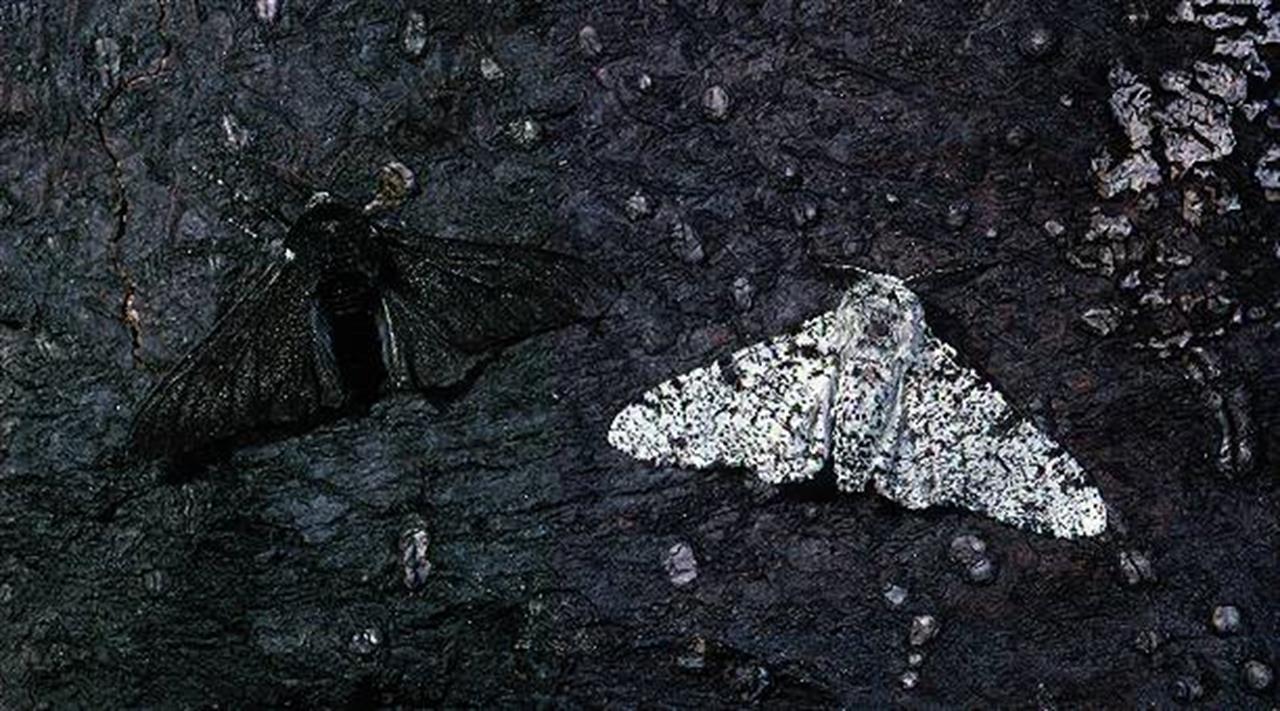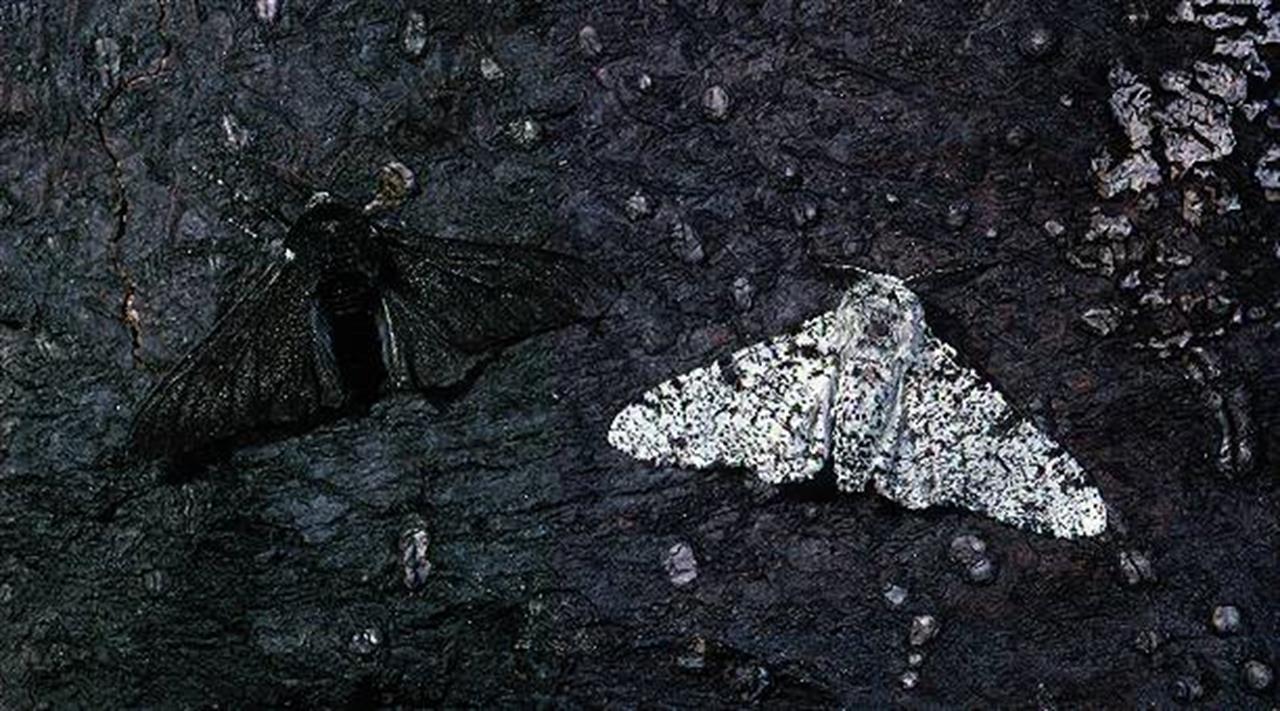
As societies are getting ever more interconnected, to an extent that we as a species have not experienced since our ancestors strolled across African plains, European nation-states and their inter-governmental institutions struggle to catch up with the new environment. Why?
The evolution theory might help to answer this, as the question of change and adaption is at its core. In particular, an interdisciplinary approach connecting evolutionism and civilisation theory can be fruitful.
Today, I considered a question which emerged when reading Wired for Culture. The Natural History of Human Cooperation by Mark Pagel. In his latest work, the British biologist traces the origin of the human species’s success. It’s culture, he argues: all the features which define a group against another one such as language, food, visual art etc.
Culture is the only vehicle able to transfer knowledge to our fellow specimen besides genetic evolution. However, the former has a further and fundamental property which the latter lacks: its capacity is not limited to kinship. Actually, anybody can benefit from it, even despite a poor genetic legacy. The physicist Stephen Hawking and the South African runner Oscar Pistorius are the living proof.
This is the strategy for survival and adaptation that has made us able to colonise the planet and master all other species. Culture is also one of the fundamental features of European nation-states.
To allow such a knowledge-transfer to contravene genetic evolution – which would prioritise kinship against all the others – we, as a species, had to develop a psychological and behavioral attitude towards cooperation. Such an acquisition is limited to the group of people who share the same culture and mirrored in a ‘natural’ hostility towards fellow human being who don’t belong to our culture.
Therefore, Pagel claims that we have been ‘programmed’ to accept and endorse our culture of birth, and find it ‘hard to adjust to a new cultural environment’ once we become adults.
The topic would require a deeper analysis but this conclusion suggests stimulating considerations.
The impact of globalisation in our daily lives has broken the ancestral borders and boundaries, forcing communities to join the global village through internet, media, migration and economic interdependency to name just a few. I wonder if this is the time for the rise of new social agents, a sort of mutation within the human species, which can escape from the trap of the culture of birth and have a natural talent for navigating across cultures: the cultural mutants.
In nature, mutations occur all the time and normally lead to pathologies or the death of organisms. But the same mutations can be crucial for the adaptation and survival of species as the environment changes.
The most famous case of a beneficial mutation for a species – the one we all studied at school – is the British Peppered Moth. As explained in Planet Earth Online ‘Before the Industrial Revolution, the light-coloured Peppered Moth blended into its environment, because its speckled wing pattern is difficult to see on tree bark.
But soon after coal-burning chimneys started belching out black, sooty smoke during the Industrial Revolution, a black version of the peppered moth spread rapidly across northern England. In the early 1900s, the moth – called carbonaria – then spread south and west across the UK.
Scientists realised that as the sooty smoke turned the trees black, birds could easily spot the insects. So when a black mutant came along, it had the advantage.
Keeping my reflections within the same metaphoric framework, I would argue that globalisation has changed our environment so dramatically that the kind of culture that natural selection has made the successful strategy of our species – prioritising ours against the others – is backfiring. Globalisation makes the mainstream humans unfit to reach out beyond usual borders and boundaries, while it advantages the minority groups that have been dismissed as apolides, nomads and internationalists in past times.
If my intuition is correct, national identity is on the losing side and its leaders unfit to lead – ie. incapable of tackling crisis as it’s happening with European leaders selected on a national basis. On the other hand, a new generation of leaders will emerge from the margins: the transnationalists or cultural mutants who have left aside the culture of origins to embrace the melting pot.
17 centesimi al giorno sono troppi?
Poco più di un euro a settimana, un caffè al bar o forse meno. 60 euro l’anno per tutti i contenuti di VITA, gli articoli online senza pubblicità, i magazine, le newsletter, i podcast, le infografiche e i libri digitali. Ma soprattutto per aiutarci a raccontare il sociale con sempre maggiore forza e incisività.

